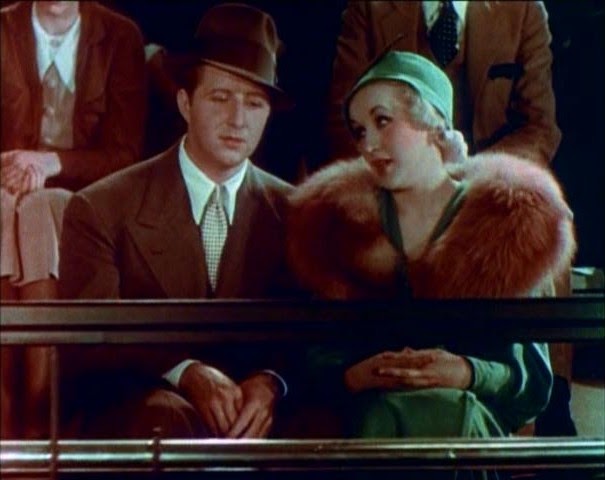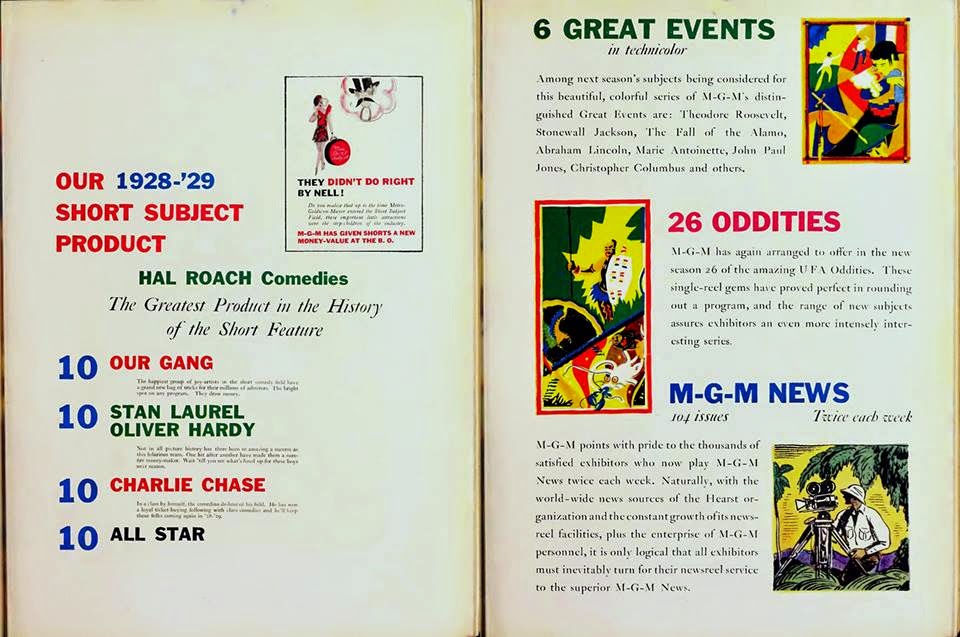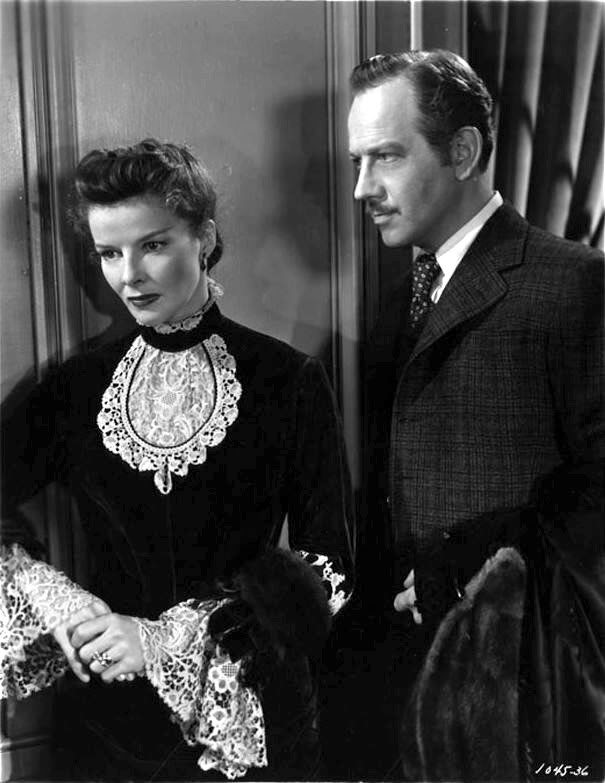
#VIDEO SHORTS MGM 1947 FULL#
The buried pages contained penciled performance notes, full scores, instrument parts, compositional musings, and more. Literal tons of sheet music were thrown into a landfill which today stands as the Mountaingate Country Club in Los Angeles, California.
#VIDEO SHORTS MGM 1947 MOVIE#
The casino burned down in 1980.Īubrey believed the studio’s music library to be a waste of valuable real estate and ordered the destruction of every note written by MGM in the last forty years of movie making. One of Kirk Kerkorian’s primary goals of refinancing MGM was to build up enough funds to construct the original MGM Grand Casino, which he finally did in 1973. Aubrey, also known as “The Smiling Cobra.” Formerly the head of television production at CBS, Aubrey was hired as the President of MGM and soon went to work destroying everything that MGM had built in the last 40 years, including its music. Kerkorian immediately brought on a hatchet man to clean house: the infamous James T. While shifting leadership had become a regular occurrence in the years previous, this reorganization landed the millionaire investor Kirk Kerkorian at the head of MGM.

In 1969, after years of mismanagement and a reported net loss of $35 million, MGM underwent a hostile corporate shakeup. Thankfully, Schneider didn’t live to see what became of his life’s work. When he retired in 1956, he sold the vast majority of his personal music collection to the studio, further contributing to the library’s historical value. Schneider spent his twilight years curating one of the greatest archives in the history of cinema. George Schneider in the MGM music library. Herbert Stothart Jr., son of the composer for The Wizard of Oz, recalled Schneider as “a brilliant scholar, with a photographic memory and an encyclopedic knowledge of music.”

He even rediscovered a 1859 copy of Schumann’s Szenen aus Goethes Faust at the Smithsonian while doing musicological research for Song of Love (1947). Schneider did everything from organizing collections to securing musical copyrights. The person responsible for developing this gargantuan collection was a cigar-chomping music sleuth named George Garrison Schneider, who founded the library in 1928. By the late 1940’s, the library had over 3,400,000 items in it, making it one of the largest music libraries in the country-second only to the Library of Congress. This included more than just film scores the high ceilings of MGM’s music library were filled to the brim with shelves of commercial music, music reference literature, cue sheets, and piano reductions.

With its massive output of pictures from 1929–1969, MGM amassed an enormous collection of music. By utilizing a smaller-scale orchestra, emphasizing texture, and being slightly idiosyncratic, Salinger created the movie musical sound, and is considered by the likes of John Williams to be the “architect” of the MGM style. This was thanks to MGM’s head orchestrator Conrad Salinger.

The songs produced by MGM’s films were knockouts in this regard they were the perfect mixture of orchestral sophistication and Tin-Pan-Alley pop. The music of these MGM films-made possible by an untold number of composers, orchestrators, lyricists, arrangers, and copyists-changed the course of western culture in the 20th century.Īnd yet, the handwritten manuscript of “Somewhere Over the Rainbow” now resides somewhere under a golf course.ĭifferentiating themselves from Broadway, movie musicals in the “Golden Age” of Hollywood strove to produce songs that would combine the lighthearted appeal of show tunes with the commercial potential of mainstream hits. With the help of legendary movie producer Arthur Freed and his fabled "Freed Unit," MGM pioneered the genre with landmark hits including The Wizard of Oz, Singin’ in the Rain, An American in Paris, Meet Me in St. Long before superhero movies were a twinkle in a movie producer’s eye, the musicals produced by Metro-Goldwyn-Mayer were the blockbusters of their day. This is the story of when one man’s treasure became another man’s trash.


 0 kommentar(er)
0 kommentar(er)
